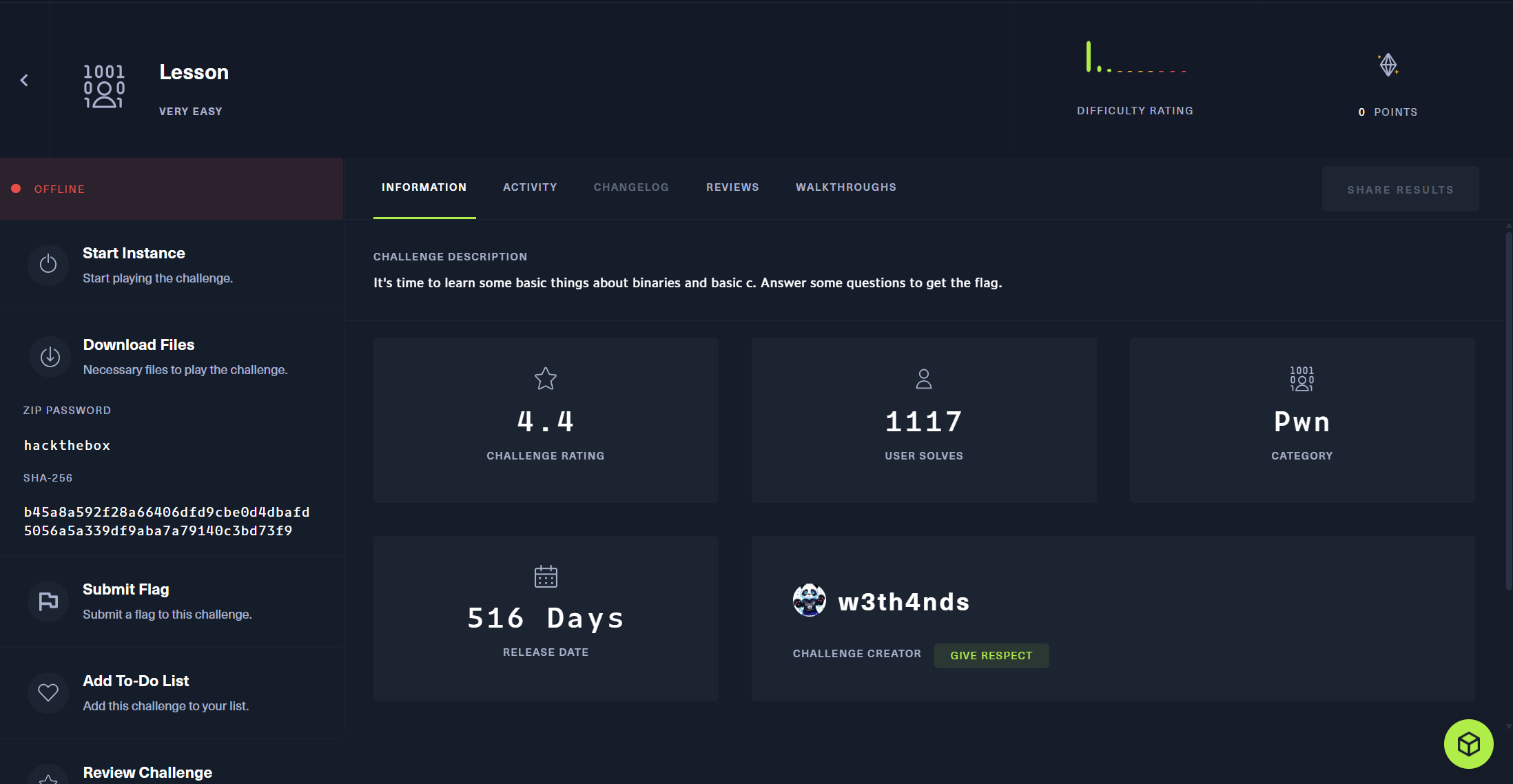1
2
3
4
5
6
7
8
9
10
11
12
13
14
15
16
17
18
19
20
21
| #include <stdio.h>
void under_construction(){
printf("This is under development\n");
}
void print_msg(char *user){
char formatter[0x20];
strncpy(formatter, user, 5);
for (size_t i = 0; i < 5; i++) formatter[i] = tolower(formatter[i]);
printf(strncmp(formatter, "admin", 5) == 0 ? "\nWelcome admin!\n\n" : "\nWelcome user!\n\n");
}
int main(int argc, char **argv){
char name[0x20] = {0};
unsigned long x, y;
printf("Enter your name: ");
scanf("%s", name);
print_msg(name);
return 0;
}
|





